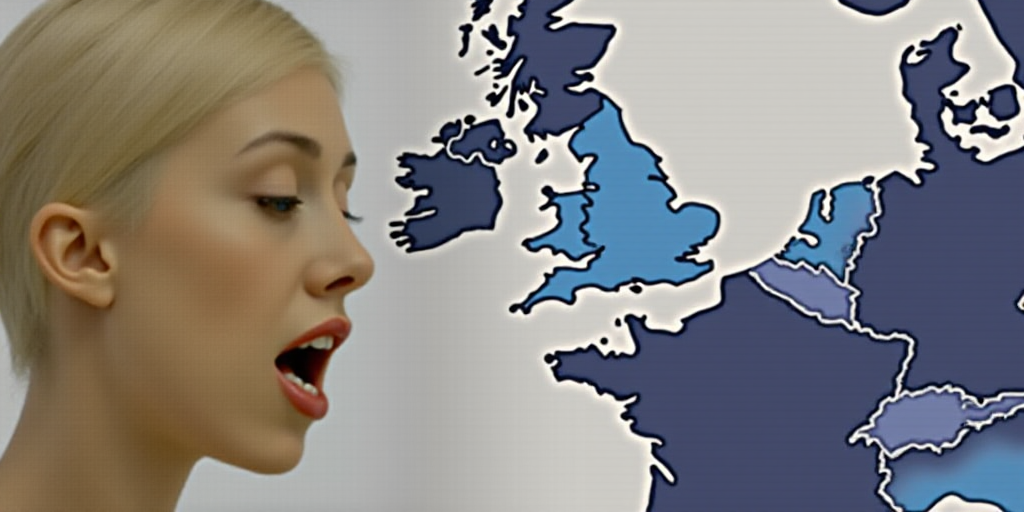Introduction
The European Centre for Disease Prevention and Control (ECDC) has reported a significant rise in measles cases within the European Union (EU) in 2025. As of the latest update, there are 935 confirmed cases, with more likely to be undetected or under investigation.
Background on Measles and its Impact
Measles is a highly contagious viral infection that causes a characteristic rash and fever. Despite the availability of a safe and effective vaccine, measles cases have been on the rise globally in recent years. This resurgence is often attributed to vaccine hesitancy, misinformation, and inadequate vaccination coverage.
Who is Measles Mostly Affecting?
Measles primarily affects children, but it can infect people of all ages who are not immune. Unvaccinated individuals, those with weakened immune systems, and travelers are particularly vulnerable. The recent surge in the EU highlights the importance of maintaining high vaccination rates and addressing vaccine hesitancy.
Why is Measles a Concern?
Measles can lead to severe complications, including pneumonia, encephalitis, and even death. Moreover, it poses a significant public health threat due to its high contagiousness. Outbreaks can quickly spread, overwhelming healthcare systems and putting vulnerable populations at risk.
The Current Situation in the EU
In 2025, the ECDC has reported 935 confirmed measles cases across various EU countries. This number is a cause for concern, as it indicates a potential failure in measles elimination efforts and highlights the need for improved vaccination strategies.
Confirmed vs. Undetected Cases
The ECDC acknowledges that the reported 935 cases only represent confirmed instances. There may be additional probable or undetected cases, emphasizing the importance of robust surveillance and rapid response mechanisms to curb the spread of measles.
Key Actions and Recommendations
- Boost Vaccination Rates: Ensuring high vaccination coverage is crucial to prevent measles outbreaks. Public health authorities should prioritize vaccination campaigns, especially targeting communities with low immunization rates.
- Combat Vaccine Hesitancy: Addressing misinformation and promoting evidence-based information about vaccine safety and efficacy is essential to increase public trust in vaccines.
- Strengthen Surveillance Systems: Enhancing disease surveillance and rapid response capabilities will help detect and contain measles cases more effectively.
- Promote Travel Vaccination: Encouraging travelers to be up-to-date on measles vaccination can prevent the importation of cases and subsequent outbreaks.
Key Questions and Answers
- Q: What is measles? A: Measles is a highly contagious viral infection that causes a rash, fever, and other symptoms. It can lead to severe complications and is preventable through vaccination.
- Q: Why are measles cases rising in the EU? A: The resurgence of measles in the EU is attributed to factors such as vaccine hesitancy, misinformation, and insufficient vaccination coverage.
- Q: Who is most at risk of contracting measles? A: Children, unvaccinated individuals, those with weakened immune systems, and travelers are particularly vulnerable to measles.
- Q: What actions should be taken to address the measles situation in the EU? A: Boosting vaccination rates, combating vaccine hesitancy, strengthening surveillance systems, and promoting travel vaccination are key strategies to tackle the measles issue.






